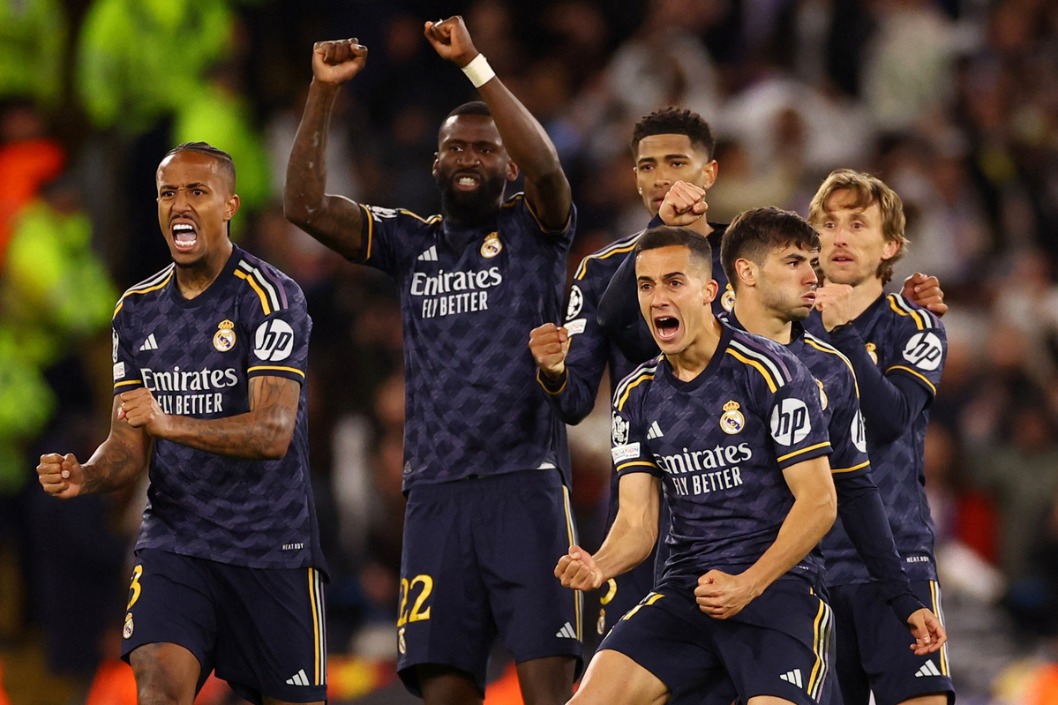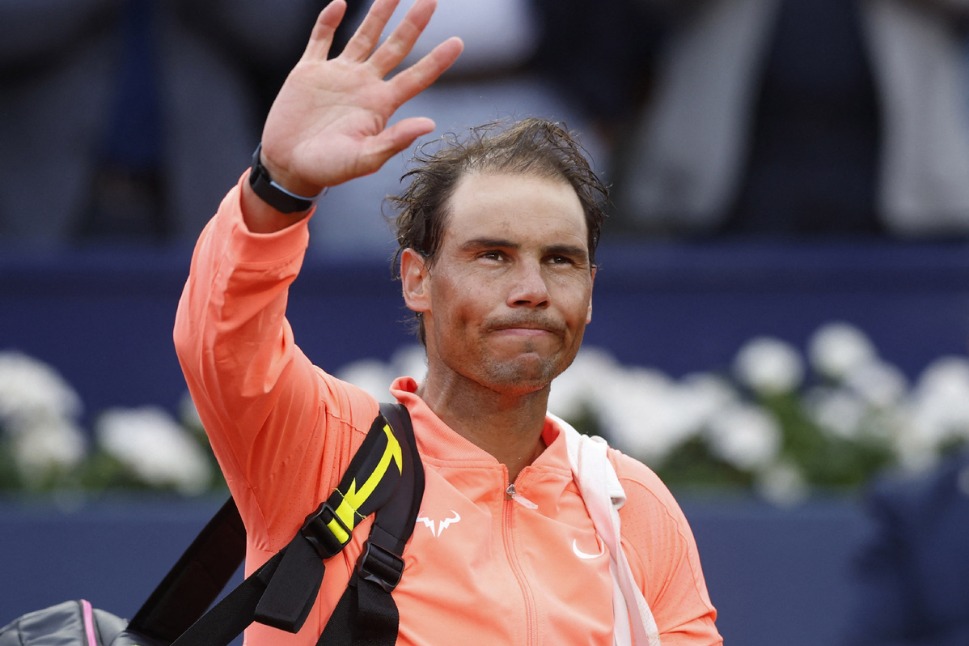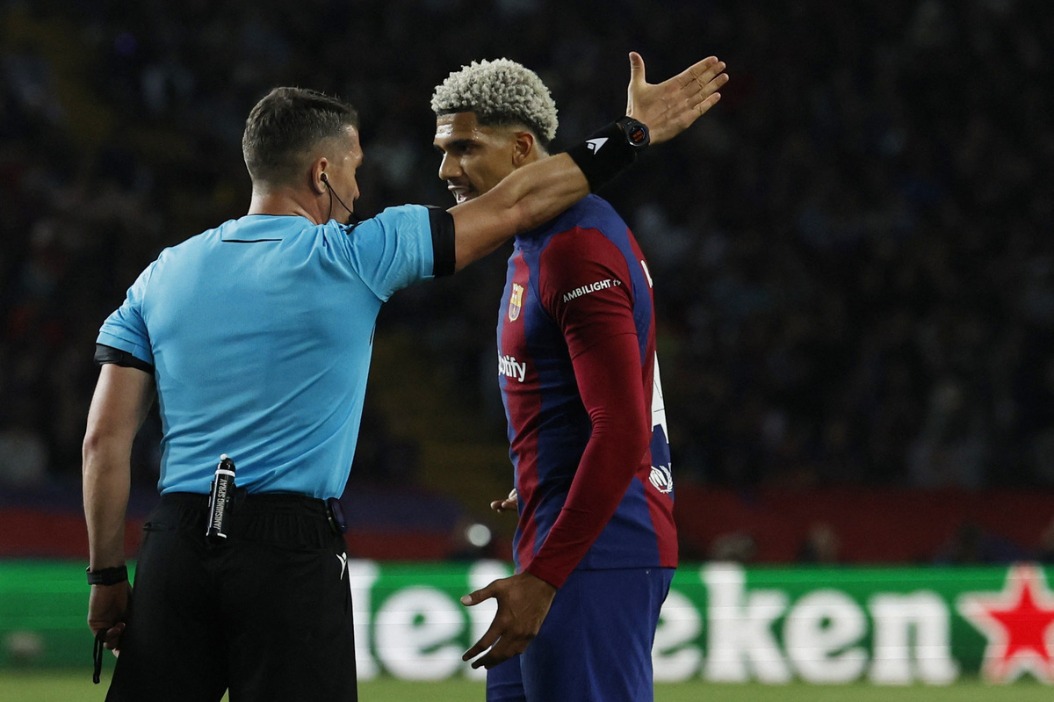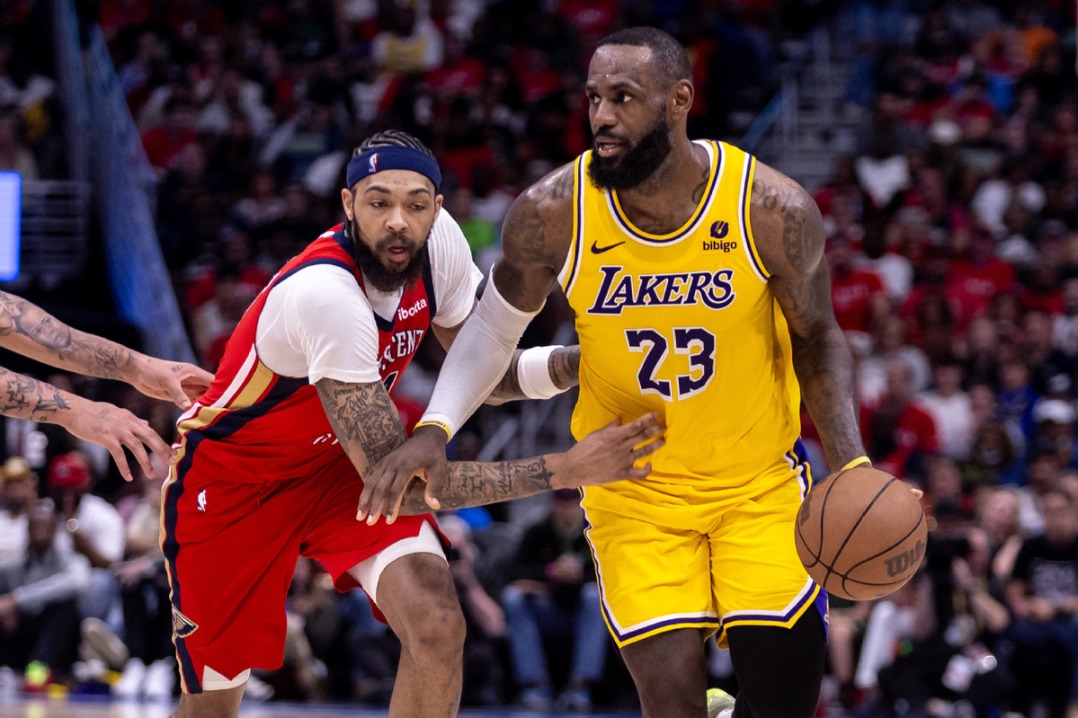The sports culture in Croatia

There has hardly been a conversation during my five years in China in which my Chinese friends do not ask how a country with a little more than 4 million people can produce such good soccer players in the less than 30 years since independence. So, when I was asked to write something about Croatian sports, especially soccer, I knew the main question I would have to answer is, "How did Croatia manage to be among the four best teams in the world twice in 20 years with the population of one Beijing district?"
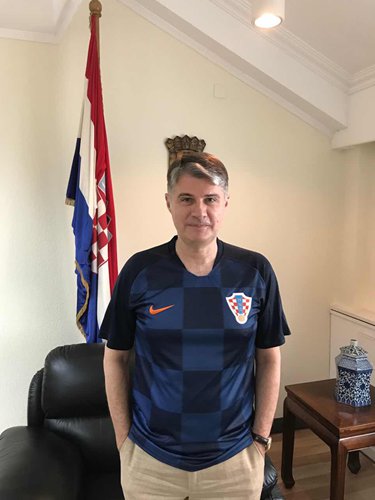
The answer is complex and deeply rooted in the social and value traditions of the Croatian society. In our tradition, it is almost unthinkable for young people to not practice some kind of sport. For young boys, this is especially the case.
Does the mindset come from competing in many of our traditional medieval competitions, or from the culture of "having a strong and resilient body" that developed in a nation that was constantly forced to defend its land? Social scientists and historians are still debating. There is also an argument that the Mediterranean concept of beauty values appearance more than anything else, and how else could one get great looks except by practicing sports?
Social traditions and cultural habits could also tell us why we Croatians are so successful in sports that involve so much of improvisation, sports with balls - soccer, basketball, handball, water polo, tennis - and not so much in sports that are based on endless and persistent repetition such as gymnastics. We like to improvise, enjoy the game and defeat the opponent but also to entertain the audience and ourselves. It's a part of the joy of life that is so deeply embedded in Southern European civilization and Mediterranean culture in general. Our take on soccer is different from other Westerners in the northern part of Europe as well as Chinese Confucian values and social order. We enjoy living and playing, improvising along the way, and entertaining ourselves. We do not take sports as an achievement or a duty. This is why the soccer that we play and appreciate is much more connected to Latin American soccer than the Northern European version, which is primarily about the results, based on physics and not so much about passion, skills and the beauty of the game.
All this, of course, is a social and historical determination of why and how we Croatians play soccer and the kind of soccer we enjoy.
There are two fundamental reasons for the successful production of young sportsmen, especially soccer players, in contemporary Croatian society. First, we do not consider time devoted to soccer, or sports in general, destructive to other educational goals as it is often viewed in China. We think sports go hand in hand with other fields of education and boost our youngsters' development. Moreover, every parent in Croatia would prefer if his or her child developed a healthy balance between learning all day long and physical activity. A child that is too bookish may be ridiculed by his or her peers, and every responsible parent would like to avoid such a situation. This is why sports, in general, is so inevitably connected with our tradition of building our youngsters and is embraced by families, schools and sports academies. Second, sports and soccer are the focus of most social conversations. These topics dominate our media; they have social importance. In Croatia, there is a common rule that three topics are polite during conversations among men: politics, women and, of course, soccer. There is an old joke that only three things in life are serious: diseases, wars and soccer. The focus on sports in our society is so different from that of China, and that is visible both in education and social attention. For Croatia, soccer produced something that was not envisaged when we gained our independence almost three decades ago. It has become one of our most distinctive national brands and red and white check jerseys the flagship symbol of our country. Our national soccer team's string of successes has made them the best ambassadors of Croatia. The reach of their impact exceeds any other national brand except tourism.
The very first success of our national team happened not so long after we emerged as an independent country, during the World Cup in France in 1998. The team's performance drew international attention that was so needed at that time. It made us recognizable as a small but brave country. Vatreni (The Blazers) became a nickname for our national team in 1998, describing their hearts of fire in fighting for their nation and country. From that tournament, they became a symbol of national pride and unity, and they have not lost that status. Many older soccer fans in China still remember the names of our first "golden" generation: Suker, Boban, Prosinecki, Bilic, Jarni, Boksic, goalkeeper Ladic, and coach Ciro Blazevic.
In the 20 years between these great tournaments: France 1998 and Russia 2018, we have had good players such as Bayern Munich coach Niko Kovac but never achieved the same result until the World Cup in Russia. The contemporary golden generation: Modric, Rakitic, Mandzukic, Perisic, Lovren, Subasic had one last chance to make an impact in Russia, and they did it with style and grace, galvanizing all of Croatia in support and reinforcing our international visibility. This time they could go all the way.
The author of this article is the Croatian Ambassador to China
Most Popular
- Beijing Half Marathon winner disqualified
- F1 'ten years' away from more Chinese drivers, says Zhou
- Coastal Rizhao set for major sports, leisure events
- China's athletes have earned places in 165 events for Paris Olympics
- No 'three-peat' for Pep as City pays penalty for profligacy
- Despite security risks, preparations for parade on Seine 'in full swing'
















